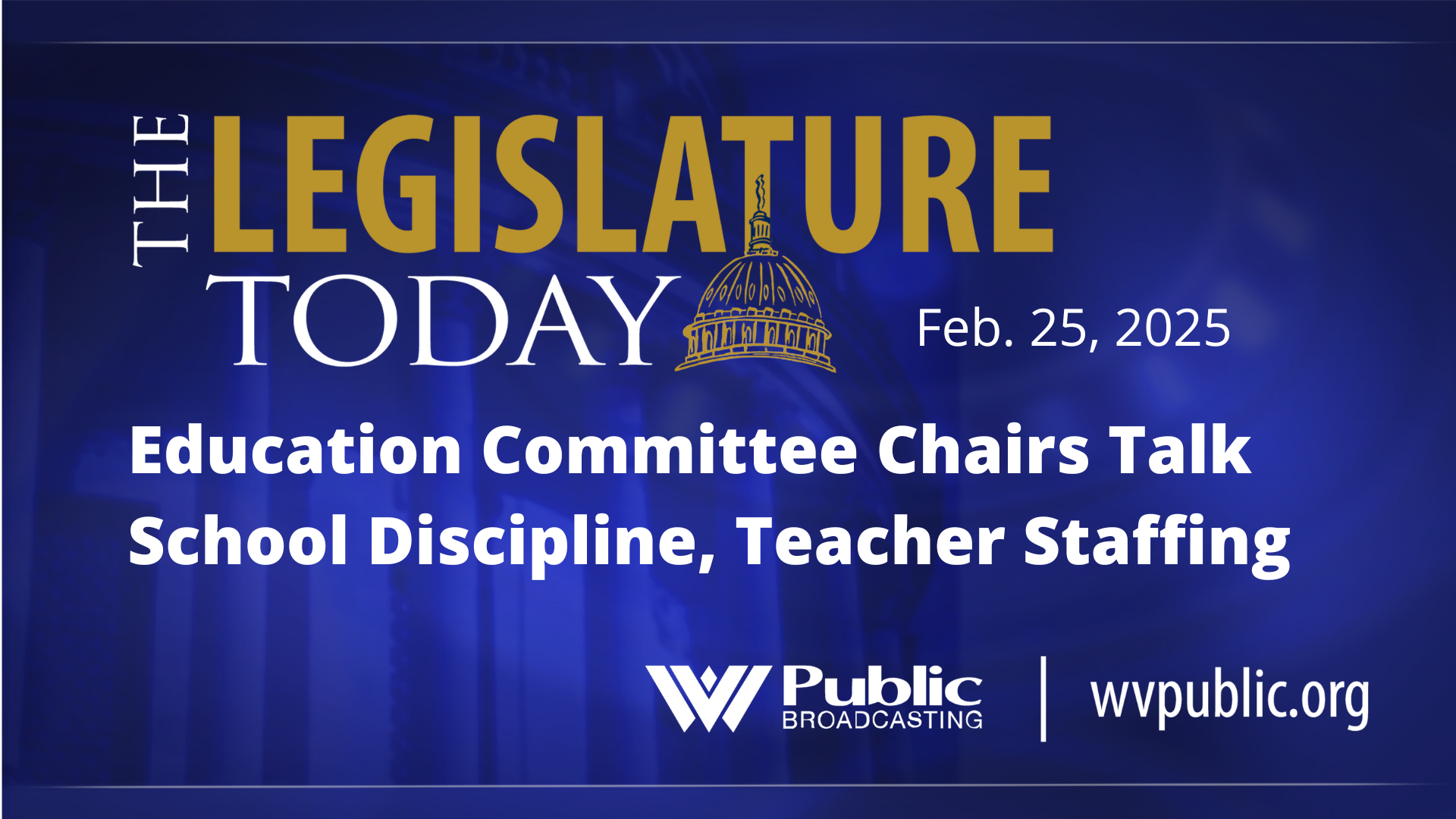Much attention has been paid to the state’s teacher shortage, but schools have struggled to staff other positions in recent years as well. Some of the first bills discussed in the Senate Education committee this year are trying to address those ongoing issue.
Some of the first bills discussed in the Senate Education committee this year are trying to address the ongoing issue of staffing shortages in West Virginia’s schools.
Much attention has been paid to the state’s teacher shortage, but schools have struggled to staff other positions in recent years as well.
Senate Bill 275 looks to remove a requirement that school cooks or custodians have a high school diploma or equivalent.
Sen. Robbie Morris, R-Randolph, asked for clarification that the bill would only impact the diploma requirement.
“I just worry about cooks with recipes and ingredients and allergy type situations, or custodians reading warning labels and that kind of stuff,” he said. “Just want to ensure, if they don’t have a high school diploma or GED, that there’s some sort of competency test to ensure that they can perform the duties of their job safely and all that.”
Hank Hager, counsel to the Senate Education Committee, said doing away with the diploma requirements for other positions like bus drivers had not presented issues.
Teacher shortages remain an issue, and Senate Bill 282 would extend to 2030 provisions that allow retired teachers to work as substitutes without impacting their existing benefits. The rule only applies to retirees working in areas of “critical need” like reading, math, foreign language or special education.
Sen. Mike Oliverio, R-Monongalia, said the issue of getting people to work in the state’s schools is a recurring theme.
“What this bill does is really critical, because we cannot get enough substitutes, and so this is allowing those retired teachers to come back into the system and sub,” he said.
Sen. Jay Taylor, R-Taylor, questioned whether the allowance put undue pressure on retirees and pushed out younger workers looking to substitute.
Committee Chair Sen. Amy Grady, R-Mason, and the bill’s sponsor, said she is extending the provision at the request of retired teachers that have contacted her directly.
“Anytime we can have a certified teacher in a position, it’s always better for our students. That’s just my personal opinion,” she said.
The other two bills discussed by the committee were not directly related to staffing issues but discussion still circled back to that critical issue.
Senate Bill 283 allows high school students to complete personal finance course requirements needed for graduation starting in 9th grade.
Morris expressed concern the bill may create an unfunded mandate to hire staff needed to cover an expanded course load.
Grady said the expansion is meant to ease an unintended scheduling issue created by the original 2023 bill.
“When we passed this originally, it was in their 12th grade year, and so that was providing some problems with scheduling and also with figuring out, you know, you have all these seniors who have to take this personal finance course, and how can they do it in one single year,” Grady said. “Expanding it to any time during their high school career would allow for more flexibility schedule wise.”
The day’s final bill, Senate Bill 122, would establish a minimum net enrollment of 1,200 students for each county’s school funding formula calculations which also impact staffing levels. State code already makes adjustments in the funding formula for school districts with enrollment below 1400. As a result of the proposed legislation Calhoun, Gilmer, and Wirt would receive roughly $2 million more in state funding.
Grady said setting a floor for district funding has been attempted several years in a row to try and help the state’s smallest and most sparsely populated school districts already doing the most with tight budgets.
“You have people who are administrators, who wear multiple hats, so they’re making the cuts in positions that are needed and not using the funds to have different types of directors when they know they can’t afford it or don’t need to,” she said. “I think that’s really important to mention, because we’re always talking about a lot of waste in education, and how sometimes it’s top heavy. And I just want to make sure that everybody understands these counties definitely are trying to make the cuts where they’re supposed to.”
Legislative leaders have highlighted the school funding formula as a focus of a more comprehensive overhaul in the coming years.
All four bills were approved by the committee and sent to the Senate floor for further discussion. The Senate Education Committee meets again Thursday morning.
